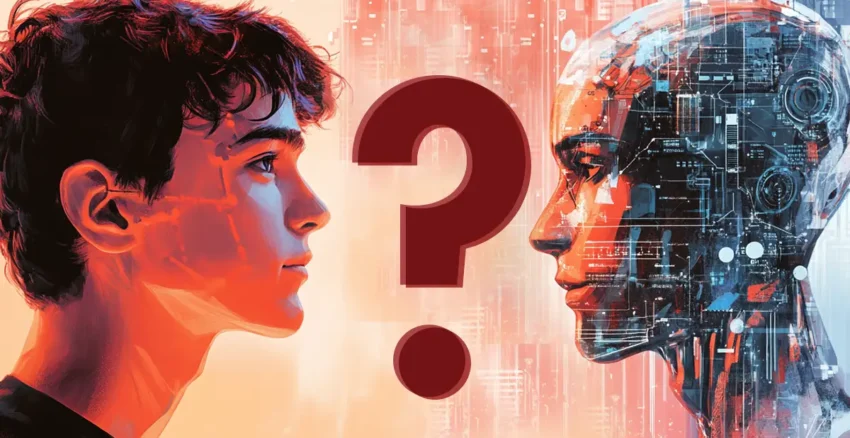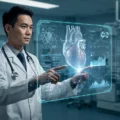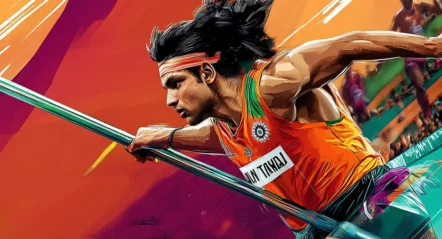Why Are Humans Still Better Than AI When It Comes To Foresight?

The Fascination with Future Forecasting We all want to know what will happen tomorrow, whether it’s about the economy, elections, climate, or even cricket matches.
With the rise of Artificial Intelligence (AI), many believe that machines will eventually outsmart humans in predicting the future. But surprisingly, humans are still more accurate than AI in forecasting real-world events. This article explores why, and what it means for the future of prediction.
What is Forecasting?
Forecasting means making an educated guess about what might happen in the future, based on current data, past trends, and logical thinking. For example, predicting the next general election results or estimating when India might achieve 100% electric vehicle adoption.
AI in Forecasting: Growing, But Still Unreliable
With the advancement of technology comes AI assistants such as ChatGPT, GPT-4 and countless other large language models (LLMs). While a human can claim to intelligently analyze information, they take their time with reasoning and providing an answer. AI on the other hand needs no time. Teachers have noted students procrastinating, leaving their assignments till the night before they are due. One claim is that AI does the context processing, checking spelling and grammar, but they don’t. The results AI is giving tend to come short when it comes to more complex tasks, such as forecasting. Metaculus, a global forecasting competition platform stated how AI models rely on random guessing. In their words AI give a 50/50 estimate for every scenario presented to the model.
Why Are Humans Still Better?
Real-Time Awareness
Humans follow current news and adjust their opinions accordingly. AI, on the other hand, is trained on past data and may not know the latest updates unless specifically fed that information.Probabilistic Thinking
Superforecasters (trained human forecasters) use logic and probability to make careful predictions. AI still struggles with assigning realistic probabilities and often gives vague or middle-ground answers.Context and Emotion Understanding
Humans understand cultural, political, and emotional contexts better than machines. For example, predicting how Indian voters might react to a policy requires understanding of public sentiment, which AI lacks.Logical Consistency
AI sometimes makes contradictory statements, while human experts check their facts and try to keep their reasoning logical and consistent.
AI is evolving. Researchers are now trying to improve AI by combining it with human intelligence. This approach, called “hybrid forecasting,” is showing promise. When AI predictions are informed by human insights, the results become much more accurate.
Human-AI Teams In the future, forecasting may not be a competition between humans and AI, but a collaboration. By combining human intuition and AI’s data processing power, we could make better decisions in areas like climate change, economy, public health, and governance.
Inflect.in — Your daily dose of stories that inform, inspire, and ignite curiosity. Follow us for more!
Inspire
Latest Post

AI in Healthcare: Smarter, Faster, and Accessible

Is Co-Sleeping Safe for Babies? Pros, Risks,

Pomegranate Benefits: Why Eating Anar or Drinking

Ma Yansong: Shaping the Future of Architecture

AI in Healthcare: Smarter, Faster, and Accessible

Is Co-Sleeping Safe for Babies? Pros, Risks,

Pomegranate Benefits: Why Eating Anar or Drinking








